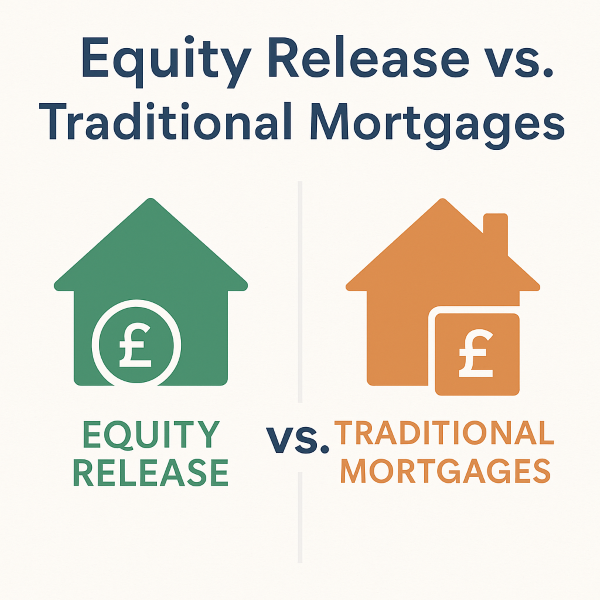By the end of 2019, the UK had over 5 million self-employed individuals. This marked a significant rise from 3.2 million in 2000. Self-employment has contributed significantly to job growth, with self-employed workers accounting for 15.3% of total employment, compared to just 12% two decades earlier. Despite this, many self-employed people believe their irregular earnings or lack of extensive financial records automatically disqualifies them from securing a mortgage. This assumption, however, is not accurate.
Addressing Common Misconceptions
A common myth is that self-employed individuals must have three years of financial accounts to qualify for a mortgage. While it’s true that some high street lenders prefer this, alternative lenders are more flexible. In fact, nearly 50% of mortgage applications are rejected for “non-standard” reasons, such as self-employment or contracting. Fortunately, specialised lenders like Connect Mortgages offer solutions tailored to self-employed applicants.
Flexible Lending Criteria
For those who have been trading for just one year, some lenders will consider their application. This is particularly helpful for new business owners who may not yet have the extensive financial history traditional lenders require. Additionally, experienced self-employed individuals can benefit from lenders who assess their most recent profit figures instead of averaging profits over three years. This approach can make a significant difference in loan eligibility.
Directors Are Self-Employed Too
It’s worth noting that company directors owning more than 20-25% of their business are classified as self-employed. Lenders typically evaluate their affordability using both PAYE income and dividend payouts. However, an adviser can help find lenders who take a more inclusive view by considering the director’s share of profits rather than just dividends. This can enhance borrowing potential.
Practical Tips for Self-Employed Applicants
- Organise Your Finances: Maintain clear and up-to-date records of your income and expenses. This includes tax returns, bank statements, and invoices.
- Seek Expert Advice: Mortgage brokers familiar with self-employed cases can identify lenders suited to your circumstances. They can also explain the specific documentation required.
- Improve Credit Scores: Pay bills on time, reduce debt, and avoid unnecessary credit applications to boost your creditworthiness.
- Save for a Deposit: A larger deposit improves your chances of approval and reduces the overall cost of the mortgage.
Why Choose Specialist Lenders?
Specialist lenders understand the unique challenges faced by self-employed borrowers. Unlike mainstream banks, they assess applications on a case-by-case basis, considering individual circumstances rather than rigid criteria. This personalised approach ensures that capable borrowers are not overlooked due to non-standard employment situations.
Keeping Up With Market Trends
The UK mortgage market is continually evolving. According to recent data, many lenders offer competitive deals tailored to self-employed individuals. Staying informed about these changes can be vital. Regularly consult with mortgage professionals and visit reputable resources like the Financial Conduct Authority (FCA) website for updates.
As a self-employed professional, if you are looking for a mortgage, Connect Lifetime Mortgages, Richard Jeremiah-Clarke is here to help.






